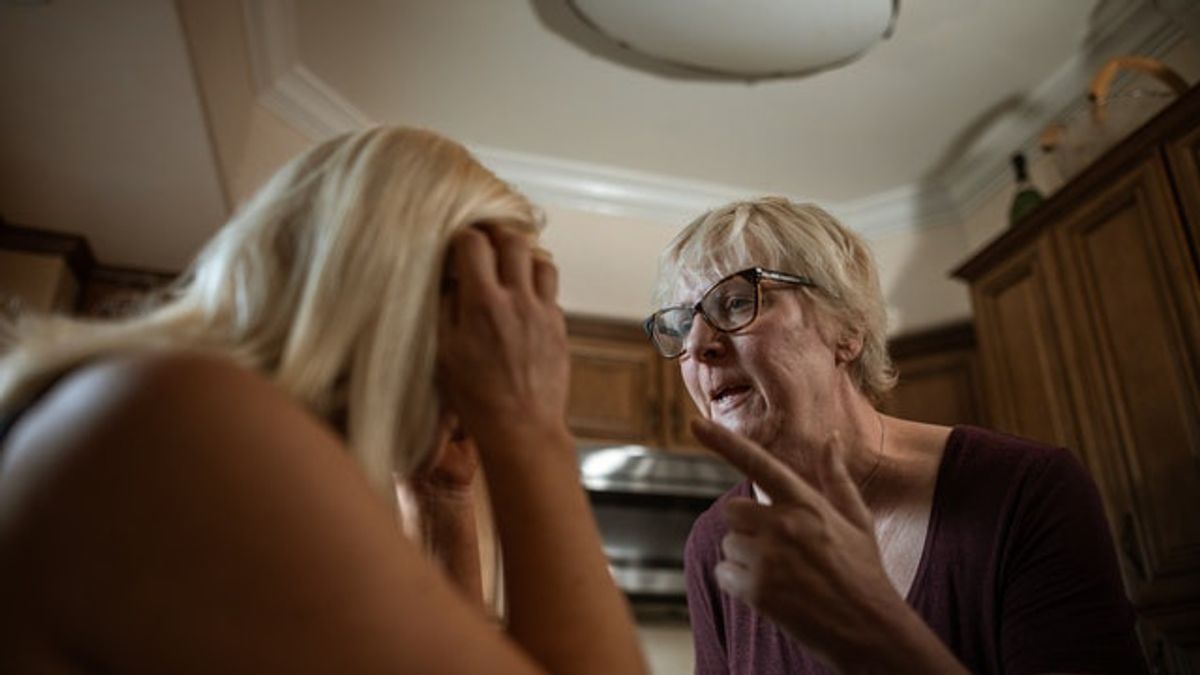JAKARTA - Psychological trauma is a condition that occurs as a result of a bad event that befell a person. This unpleasant event makes people who experience it feel insecure and helpless in the face of a world full of dangers.
Although sometimes a person is not aware of the trauma they have experienced, there are some behaviors that indicate that they have experienced mental wounds. In addition, many anxiety behaviors as adults are also closely related to experiences of childhood trauma. What are the behaviors that indicate a response to childhood trauma? Launching Psychology Today, Wednesday, May 18, here's a full explanation.
Frequently avoiding phone callsTo someone who doesn't have social anxiety, answering and avoiding phone calls may seem like commonplace. However, for someone with excessive anxiety, when you answer a phone call, it feels like there is a surge of adrenaline and cortisol inside. Even when he has to answer an impromptu phone, he will feel confused, nervous and scared, until he stammers when speaking. If you experience this, it means that your childhood trauma is related to feeling often humiliated by your parents in public.
Nervousness or discomfort when someone sits too closeThis is also known as Agoraphobia. Experts suspect that crowd phobia is caused by a combination of factors, such as psychological problems, past trauma, heredity, and personality disorders.
People with Agoraphobia are most likely to experience a loss of privacy as a child. Hence, as he grows older he tends to be more careful with the people around him. No wonder, if people with Agoraphobia present personal space or personal distance between them and people so that their privacy is maintained.
Likes to apologizeWhen you are constantly criticized or constantly made to feel as though everything is your fault, sooner or later a strong sense of shame will build up inside you. This manifests in the behavior of constantly apologizing excessively, even when you haven't done anything wrong. It is the result of emotional abuse or neglect in childhood.
Don't want people to visit the houseThere are also people who don't want guests to visit their house because they can't control when they have to leave. This is often due to not being able to control your own safe space, such as growing up in a home where boundaries are blurred and privacy is violated.
Overeating or drinkingPeople who have eating disorders often have a history of bad childhood experiences and trauma. Although not all unhealthy eating and drinking patterns are included in the criteria for psychological disorders, they are often associated with bad experiences or unmet needs in childhood.
The English, Chinese, Japanese, Arabic, and French versions are automatically generated by the AI. So there may still be inaccuracies in translating, please always see Indonesian as our main language. (system supported by DigitalSiber.id)













